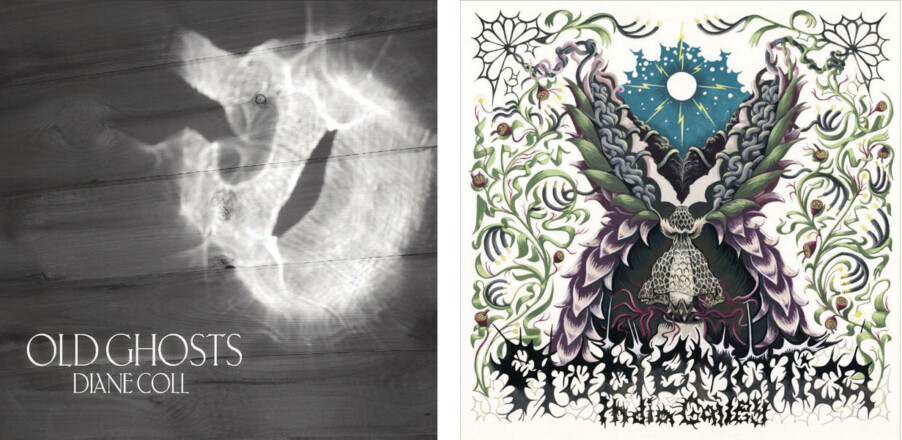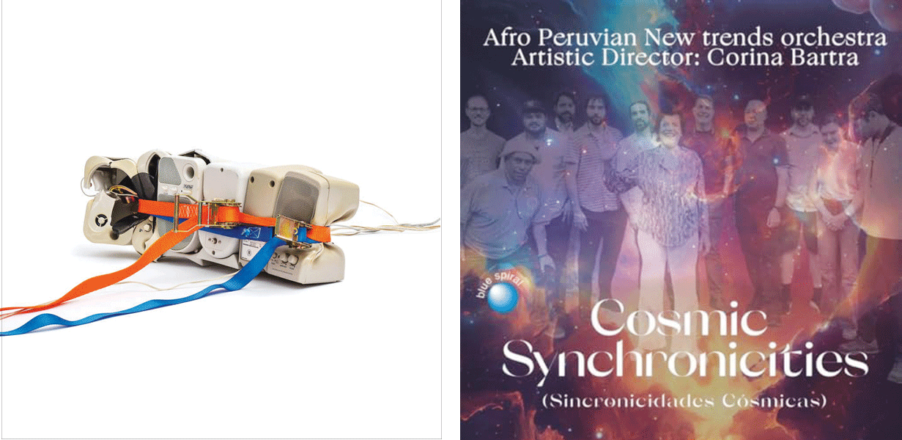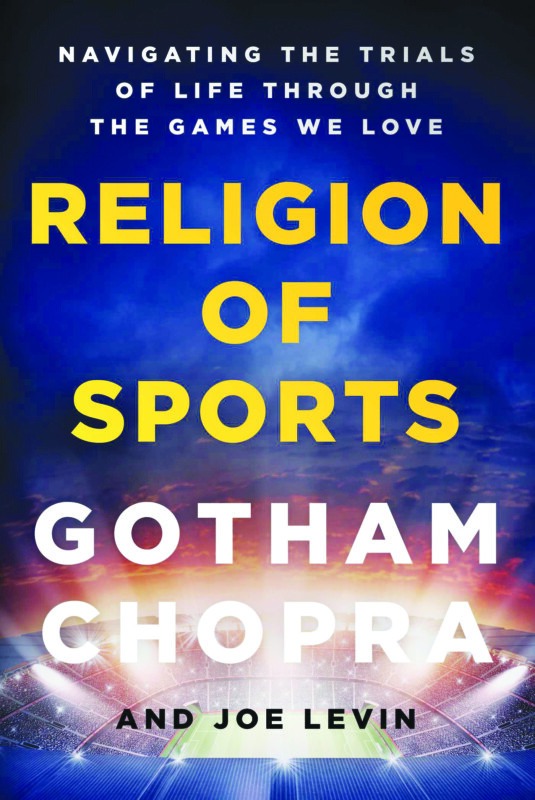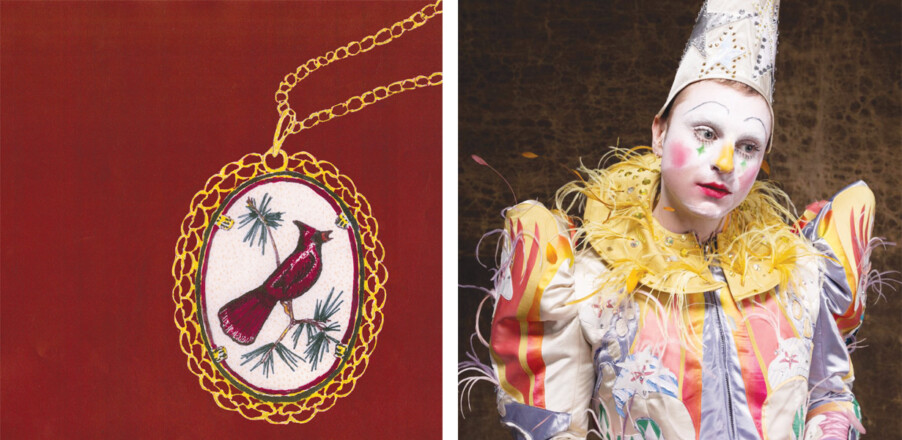Diane Coll, Old Ghosts (self-released)
This Chicago-based singer-songwriter puts a decent-enough foot forward with this album, but the cascading verisimilitude of the songs and the lack of any experimentation left me feeling pretty uninterested. But as is the case with genres that I actually like, Coll’s strummy Americana is aimed a particular demographic and isn’t meant to rope in fans who’ve never heard Norah Jones before, which isn’t to imply that her bluegrass-tinged attempts at window-gazing acoustic chill sound all that modern. What I’m hearing is ’70s B-movie incidental music best suited for older hippies, which she obviously is, not that I have any call (or any other excuse, for that matter) to wax ageist. I’m probably her age in the first place, after all, but I did see one reviewer refer to her lyricism as “wisened,” an adjective that would fit here if the critic were being overly generous. I’d be more inclined to go with “wizened” owing to the archaic feel of the stuff. She does seem nice, though. C —Eric W. Saeger
India Gailey, Problematica (People Places Records)
Yikes, look at the calendar, it’s time for weird chicks with cellos, but this time we’re not talking about Rasputina, no sir. This Canadian-American gal’s trip is more in line with the self-indulgent explorations of certified wingnut Mabe Fratti, but in Gailey’s case — at least for this outing — there are no weird hippie dudes making faces and making incidental sounds. Instead we’re, ah, treated to a set of compositions that were written by other people on some sort of commission basis. The festivities begin with a tune written by one Sarah Rossy, an obscurity who’d probably be a big at sci-fi cons if she were encouraged to investigate such opportunities. The opening tune, “I Long,” showcases Gailey’s knack for noise as well as her often-captivating vocal talents, even if the first half of the song is pretty dissonant and indeed punctuated here and there with notes that sound, at least to ignorant peasants like yours truly, off-key. Nicole Lizée’s appropriately titled “Grotesquerie” is an exercise in funereal, unsettling noise if that floats your boat. B- —Eric W. Saegerr
Playlist
A seriously abridged compendium of recent and future CD releases
• Friday, Feb. 2, will be an epic day of albums, with new albums coming out of nowhere, dropping from the sky, onto our heads, with loving messages of rock ’n’ roll, corporate hipdy-hop and death metal! Some of you are old enough to remember Dinosaur Jr, a band that was led by J Mascis. The band members were from Amherst, Mass., where they helped to invent the indie rock that’s tormented us for decades now. His new album is What Do We Do Now and its rollout single, “Can’t Believe We’re Here,” is a hard jangle-rock thing spotlighting Mascis’s usual post-punkabilly drawl, and it all works well enough. Why, there’s even some decent lead guitar parts in there, you might like it.
• In the competition to be this year’s 4 Non Blondes or Kate Havnevik or Lana Del Rey or whatever, look guys, it’s Vera Sola, a singer, songwriter and mildly edgy nepo baby whose dad, the famous, overrated “conehead” comedian Dan Akykroyd, probably had nothing to do with her getting a big record contract, there’s just no way, so don’t even start. Her first album, Shades, got a lot of press love in France (you know what that means), and she’s here with her second full-length, Peacemaker. The first single, “The Line,” is decent enough, basically a metal-tinged no-wave tune without metal guitars or no-wave honesty, but nevertheless it’s good overall; if you like Garbage or any bands like that, you might be into this for a week or so before you regret spending $16 on it.
• U.K. electro-pop songbird L Devine was born and raised in Whitley Bay, a coastal town near Newcastle upon Tyne in England, Europe. Supposedly, when she was 7 years old she loved the Clash and The Sex Pistols so much — regardless of the fact that neither band played electro-pop — that she started a band called the Safety Pins, which I totally believe, because everything you read in a public relations announcement is always 100 percent true and never intended to make an artist look 100 times cooler than they actually are. Anyway, this person will release an album on Friday, titled Digital Heartifacts, which is, I think, a clever title, although I’m sure it won’t sound like the Clash at all, more like an album of bubblegum trinkets for people who wear Hello Kitty backpacks all the time, but let’s just go see what this nonsense is, shall we, yes, let’s. Yup, it sounds like Lorde, but it’s got a little kick to it, have fun with this, whoever you are out there.
• And finally, it’s Kirin J. Callinan, an Australian art-pop nerd who sounds just like the dude from the ’80s band ABC, you remember them, right? No, no, not Boy George, I said ABC, the skinny tie band that did “When Smokey Sings,” back when Reagan was the emperor of our land and all the boomer hippies had taken to behaving like grown-ups so they wouldn’t get in trouble with Reagan’s anointed pope, Jerry Falwell, I suppose you had to be there. OK, subject change, Callinan’s new LP is titled If I Could Sing, which doesn’t bode for the title of an album on which someone is singing, don’t you think? But no, you don’t have to worry about that, because the new single, “Eternally Hateful,” does indeed evoke an ABC filler song, except that there are some glitchy samples in there. In the video he’s getting the business from some medieval executioners, which he thinks is funny; your mileage may vary.






